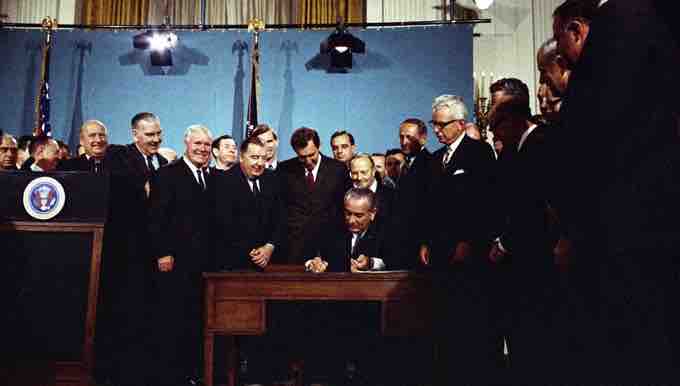A whistleblower is a person who tells the public or someone in authority about alleged dishonest or illegal activities occurring in a government department, private company or organization. The misconduct may be classified as a violation of a law, rule, regulation or a direct threat to public interest in the realms of fraud, health/safety violations and corruption. Whistleblowers may make their allegations internally or externally to regulators, law enforcement agencies or the media.
One of the first laws that protected whistleblowers was the 1863 United States False Claim Act, which tried to combat fraud by suppliers of the United States government during the Civil War. The act promises whistleblowers a percentage of damages won by the government and protects them from wrongful dismissal.
The Lloyd-La Follette Act of 1912 guaranteed the right of federal employees to furnish information to Congress. The first US environmental law to include employee protection was the Clean Water Act of 1972. Similar protections were included in subsequent federal environmental laws including the Safe Drinking water Act (1974), Energy Reorganization Act of 1974, and the Clean Air Act (1990) . In passing the 2002 Sarbanes-Oxley Act, the Senate Judiciary Committee found that whistleblower protections were dependent on the vagaries of varying state statutes.

Clean Air Act
The signing of the Clean Air Act, the first U.S. environmental law offering employee protection as a result of whistleblower action.
Whistleblowers frequently face reprisal at the hands of the accused organization, related organizations, or under law. Investigation of retaliation against whistleblowers falls under jurisdiction of the Office of the Whistleblower Protection Program (OWPP) of the Department of Labor's Occupational Safety and Health Administration (OSHA). The patchwork of laws means that victims of retaliation must determine the deadlines and means for making proper complaints.
Those who report a false claim against the federal government and as a result suffer adverse employment actions may have up to six years to file a civil suit for remedies under the US False Claims Act. Under a qui tam provision, the original source for the report may be entitled to a percentage of what the government recovers from the offenders. The original source must be the first to file a federal civil complaint for recovery of the funds fraudulently obtained, while also avoiding publicizing the fraud claim until the Justice Department decides whether to prosecute the claim.
Federal employees could benefit from the Whistleblower Protection Act as well as the No-Fear Act, which made individual agencies directly responsible for the economic sanctions of unlawful retaliation.